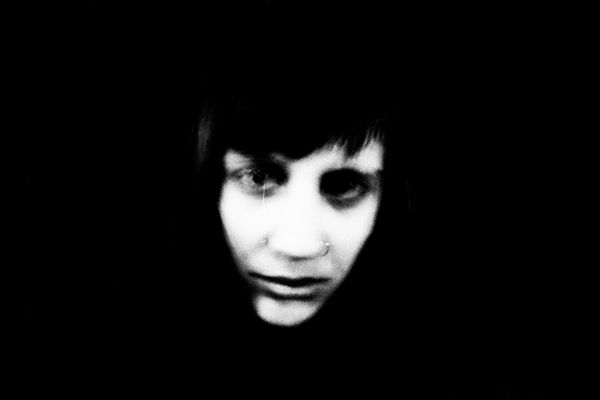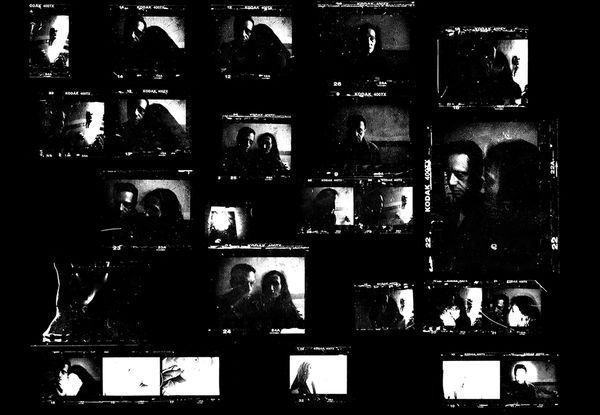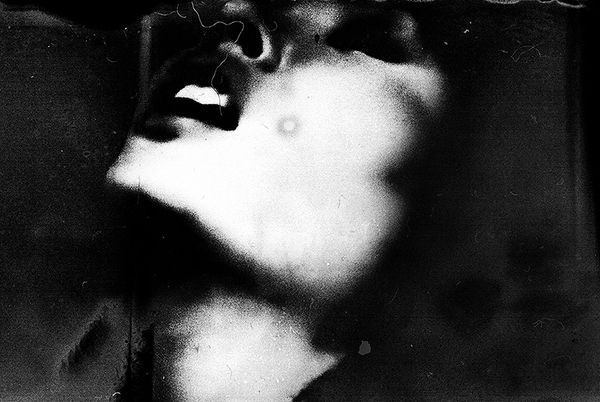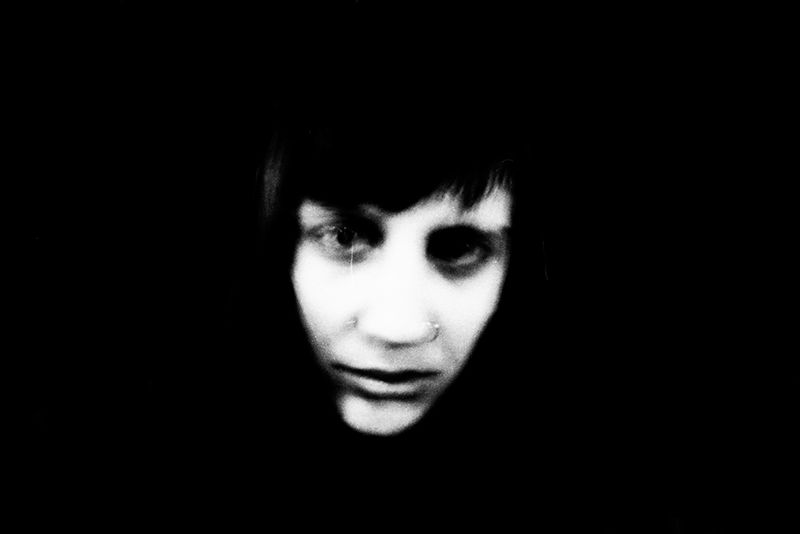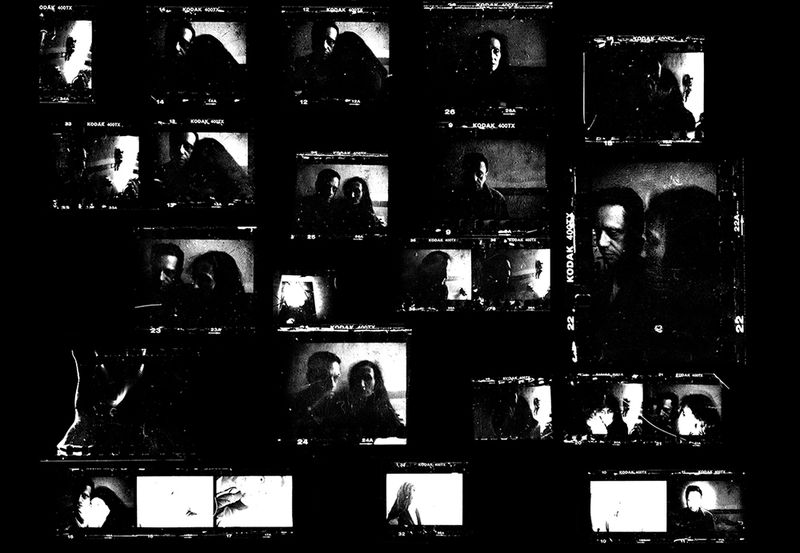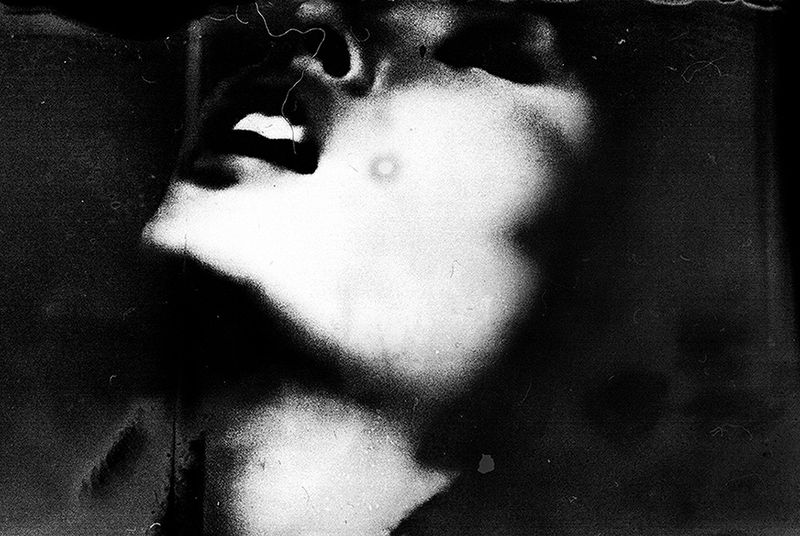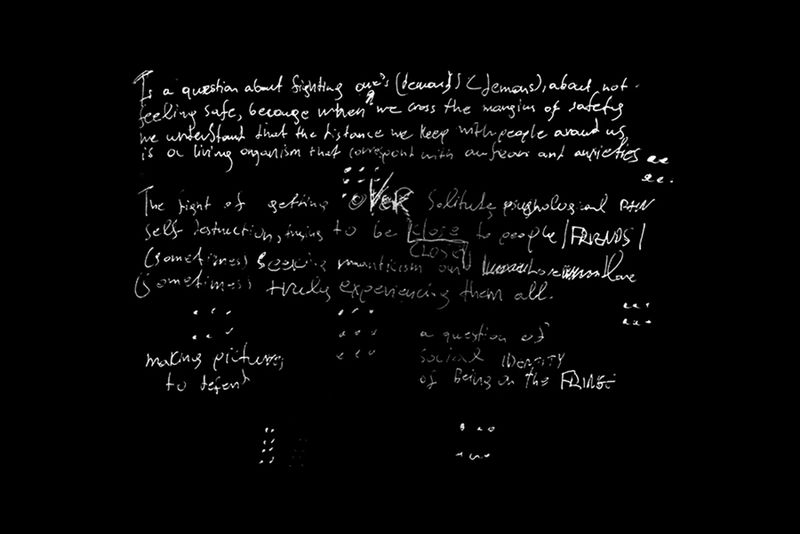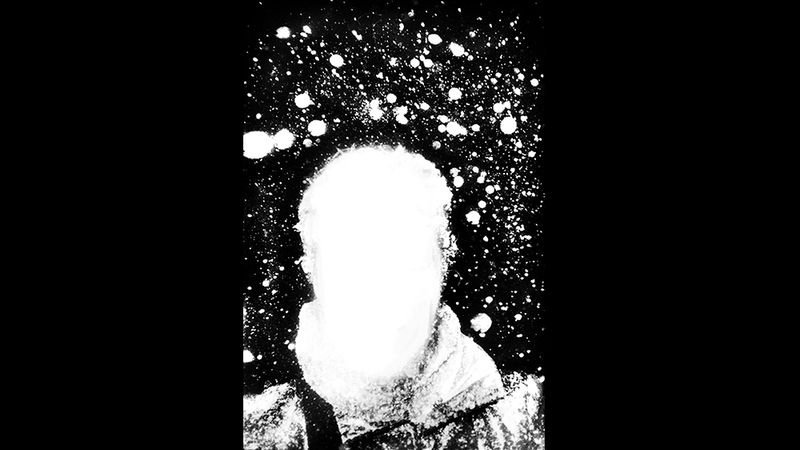A Question About Fighting One’s Demons
-
Published20 Jul 2016
-
Author
"I started taking pictures again. It was rather painful, but it made me realise that photography was the only thing that makes me feel close to people and this was the only thing I wanted" - Ilias Georgiadis
"I started taking pictures again. It was rather painful, but it made me realise that photography was the only thing that makes me feel close to people and this was the only thing I wanted" - Ilias Georgiadis
Born in northern Greece, Ilias started experimenting with the photographic medium at the age of 19.
Ηis main interest focuses on social and interpersonal issues about human nature. He is constantly questioning the body and the mind, always trying to reach and express the limits of oneself within all possible ways. Ilias’s project Over | State has been shown in various international photo festivals and traveling exhibitions across the world and has been featured in several online and printed publications.
You talk about getting into photography as an obsessive act, but could you elaborate on how you got into that rhythm?
Slowly. I think it was about 2009. At that time I was a university student (not in an art school) and in a way I was taking pictures to keep a record of everyday moments in my life with a cheap, small camera. After a while, I became more interested in photography, and bought some new equipment while spending more time shooting. I could not really think of myself as a photographer or an artist at that time. I had the need to go deeper, but I didn’t know how. I was really disappointed for a long time, and slowly, this disappointment spread into my whole life: in everything I was doing, in every relationship I had. I felt completely alone, empty. I became self-destructive while my body flooded with anxiety and fear. I stopped my studies and rapidly hid into a cold rabbit hole - my hometown. Although, I was feeling paralysed and saw my self diving into darkness, I decided that I should give myself a chance to do something from scratch, so I started taking pictures again. It was rather painful, but it made me realise that photography was the only thing that makes me feel close to people and this was the only thing I wanted. It was one of those moments when you feel that you are in the right place at the right time. Feeling alive. Chasing these moments became an obsession for me.
What got you started on your Over|State project?
Over|State is the continuity of all the things mentioned above.
After some years of work I realised that something was slowly building. It was more of a chaotic collection of pictures that were mumbling and I had the need to give a shape to this.
I started little by little working on the edit and after some time I was trying to make the pictures live together, to build an edit that makes sense and gives hints about a narrative. Something like a puzzle but with no standard sized pieces where you have to put them together to have the big picture.
The project is divided into two sections; ‘Works’ and ‘Notes’. Can you explain this separation?
I wanted ‘Notes’ to have a different role from the pictures. Like the smaller but equally important pieces of the puzzle.
How does the text complement the project?
I don't think it necessarily does. Writing was always a part of my life. In the past I spent a lot of time writing on my computer, trying to write something like big stories of fiction. But every time it was a failure. Also, I didn’t like the perspective of writing for hours at home, alone. But I never really stopped. It is just the way I write that has now being transformed. Nowadays, I write only in my notebooks, small things like notes and short poems, or even just words together that don’t make any sense. A big part of ‘Notes’ comes from these notebooks. But I did not create this section having in mind only adding text that could possibly help. This is why there are many different objects in this section. I was curious to see how an object like the ones I used can bring to the foreground a piece of abstract information that maybe was missing from the work, but without being ambiguous. I wanted to create a meta atmosphere.
Did you execute the ‘Notes' in the darkroom?
No, well, not exactly. Almost every object from “Notes” has a different origin. In some cases it is text on paper from a notebook scanned, or mixed collages where I made xerox print-copies and then either scanned or re-photographed it, more than once. Sometimes it is text I wrote on destroyed prints, love letters, or old pictures I bought from flea markets.
The way you have processed all your images and text seems to play an important part in the narrative. Do you process and print your own images?
Yes. In this work I have processed everything, from start to finish really compulsively. I guess this has to do a lot with my state of mind at that time. I experimented a lot in every process. Destroyed lots of negatives. But this is something tricky because I could find myself doing things visually - but most important -emotionally opaque, something I wanted to avoid. I think it is good to have a balance. Now I prefer to be a little more careful.
When I look at your images, I get a sense you are seeking a connection between darkness and light in one’s life. What are your thoughts on that?
I don’t really know if there is any connection, but in my life I have learned that there are some tough personal moments that maybe you have to confront before you reach light. It is like a short story I read about someone who is going to meet his girlfriend. He is late and all the stores are closed so he cannot buy any flowers for her. Then he passes through a dark alley and notices a big open garden. He really hope that he could find a flower that he could take with him. It is dark and he cannot see anything but he is searching with his bare hands. After a while, he grabs something. He cannot understand what it is but he wishes it to be something beautiful. Maybe he has hurt his hands, but it’s ok. As he moves towards the city lights he realises that he is holding a beautiful red rose.
So, for me, photography is the missing dot that connects what is deep inside us and we cannot understand or describe, with the world. A connection that transcends and moves through spacetime, in unpredictable, mysterious and non-linear ways. A link between reality and love.
Can you briefly talk about your scholarship experience at The Personal Narrative in Berlin with Michael Ackerman? How did this experience influence your work?
It was an extremely influential moment in every possible direction. Working with Michael, both personally and in a group environment together with the other students, is something that not only influences your work, but changes you as a person. It is really unique how you learn to give yourself more time. That less is more. That sometimes we scream whereas it would be better if we whispered. That we have to make more mistakes.
To learn more about this project, visit Ilias' PHmseum profile
